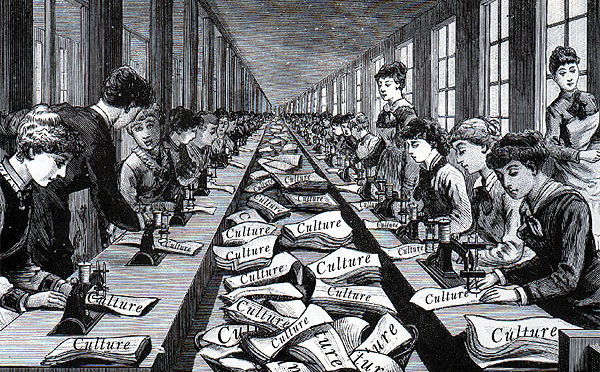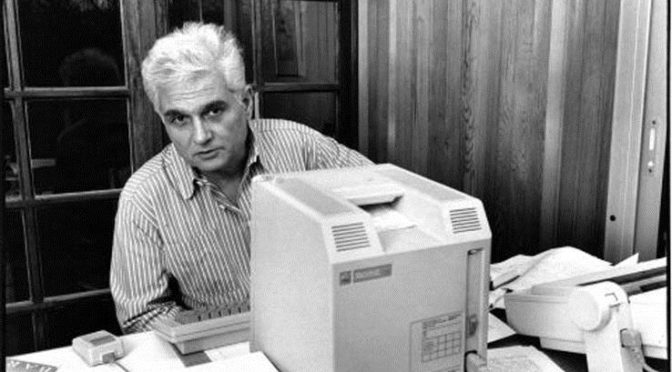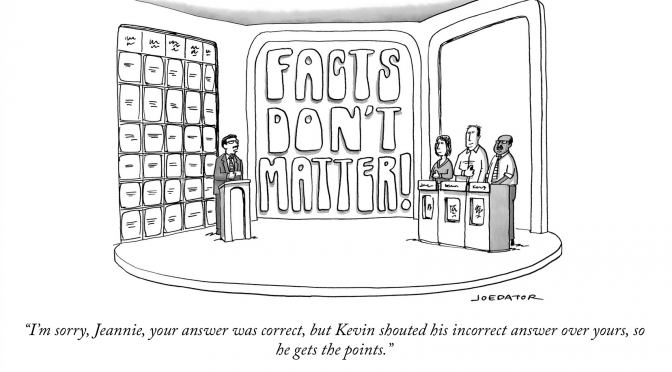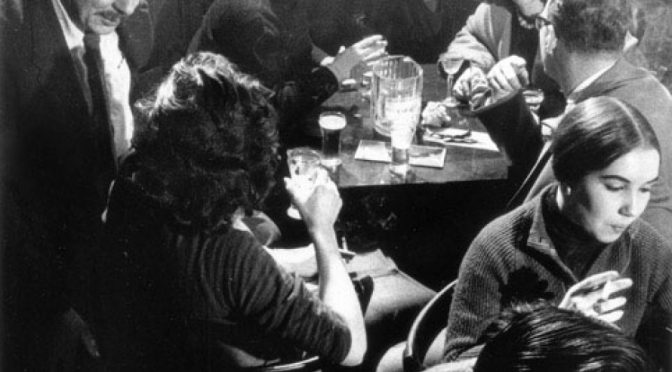Lecturer: Benedetta Zaccarello (CNRS / CEFRES)
Institute: FHS UK, Department of German and French Philosophy #YMFPR143
When and where: Thursdays 9:30–12:20 or 11–12:20, CEFRES, Na Florenci 3, Prague 1
Language : French
Syllabus
Ce cours propose d’abord une exploration d’importantes théories de la littérature, et notamment de la poésie, dans l’histoire de la philosophie européenne – du romantisme allemand à la théorie de la performativité formulée par le penseur italien Luigi Pareyson ou à la notion de “opera aperta” élaborée par Umberto Eco, en passant par la poétique du Symbolisme français et le développement des courants critiques du Criticisme et du Structuralisme. À partir du XIXème siècle en effet, la critique littéraire ainsi que les méthodologies des “textual studies”, se développent en véritables théories du langage et de la communication. En même temps la production littéraire et poétique fournit de plus en plus matière à la méditation philosophique, donnant lieu à une véritable hybridation entre philosophie et littérature dans la production théorique française du XXème siècle par exemple, réassignant de nouveaux objectifs à la discipline et dessinant pour elle une différente épistémologie. C’est ce que fait Maurice Merleau-Ponty dans ses Recherches sur l’usage littéraire du langage, qui fournira au cours des éléments d’analyse. Une interaction semblable entre philosophie, théorie de la poésie et philologie semble être à l’oeuvre en Inde au passage entre XIXème et XXème siècle. Le philosophe et poète d’origine Bengali Aurobindo Ghose travaille en effet à sa notion de “quantitative meter”, qu’il met par ailleurs en pratique dans la composition de ses vers, pendant qu’il re-interprète le concept de “mantra”, traditionnel dans la philosophie indienne. Par là, la théorie d’Aurobindo Ghose vient à inspirer de nouvelles mouvances dans l’esthétique indienne, nourrie également de l’apport d’autres contemporains illustres. Le cours analysera dans un deuxième moment ce mouvement historique de la pensée indienne, brassant philosophie, exégèse et littérature, grâce notamment à l’analyse de textes tirés de The Future poetry de Aurobindo Ghose, “Pathway to Mukti” de Rabindranath Tagore et de Art Experience fr Mysore Hiryanna. Nous proposerons enfin un esquisse de comparaison des paysages culturels et des outils conceptuels élaborés dans ces deux différents cadres, européen et indien.
For further information, please contact Benedetta Zaccarello.






